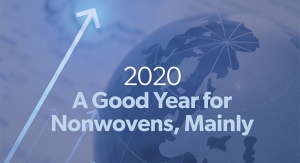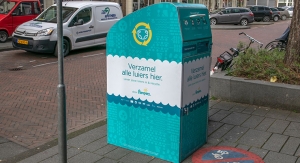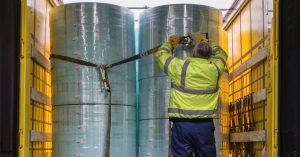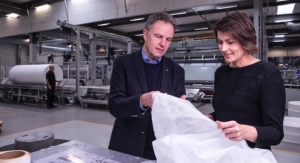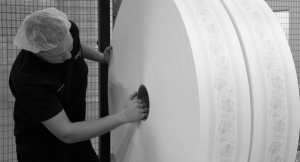In recent years, Asia has become a focal point for foreign nonwovens investment. While China has certainly led the way, with a nonwovens output that rivals both Europe and the NAFTA region in size, Southeast Asia has also benefitted from foreign investors looking for a low cost manufacturing base with the potential for strong growth.
According to Abby Bailey, director of marketing and communications of EDANA, nonwovens output in Asia, excluding China, increased from 399,000 tons in 2001 to 684,000 tons in 2011 and is expected to continue to grow, reaching 982,000 tons in 2016. Much of this investment is being fueled by Japanese companies who are looking for a lower cost base to fuel growth in China and other countries on the Asian continent. In the past five years, Japanese leaders including Mitsui Chemical, Unitika, Asahi Kasei and Chisso have established operations in Thailand, which is favored for its low wage base and easy access to export markets.
As these Japanese companies focus on Thailand, a number of other countries are being eyed by companies based in other parts of the world. Toray Advanced Materials, a Korean nonwovens leader, has started up a new line in Indonesia even as it agressively targets China. According to the company, investment responds to growth in the Southeast Asian disposable baby diaper market, which is expected to grow 14% per year during the next couple of years, reaching 3.7 billion pieces in 2015.
It is perhaps these growth prospects influencing Procter & Gamble. The U.S.-based maker of Pampers and Luvs diapers opened a second diaper plant near Jakarta in December 2013. The $100 million investment will primarily product Pampers for the local market but will also help balance supply and demand in the region.
Meanwhile in Malaysia, Fibertex Personal Care has been ambitiously investing in spunmelt technology since establishing a factory there in 2003 and recently completed work on the site’s fourth line. The new 20,000-ton line upped the Fibertex Personal Care’s Malaysian capacity 30% to 70,000 tons.
Mikael Staal Axelsen, CEO of Fibertex Personal Care, says his company chose Malaysia over China for an Asian operation due to its low cost base, an ease of operation, a highly skilled workforce and attractive trade agrerments with the rest of the region. Fibertex Personal Care serve the entire Asia-Pacific market from this operation
“From a population view point alone China and India are of course driving growth but we also see significant growth in ASEAN and especially in Indonesia and Vietnam,” he says. “And, of course the demand for adult incontinence products is growing in Japan.”
For more on this market, see Nonwovens Industry Southeast Asia, a special edition being published next month.


